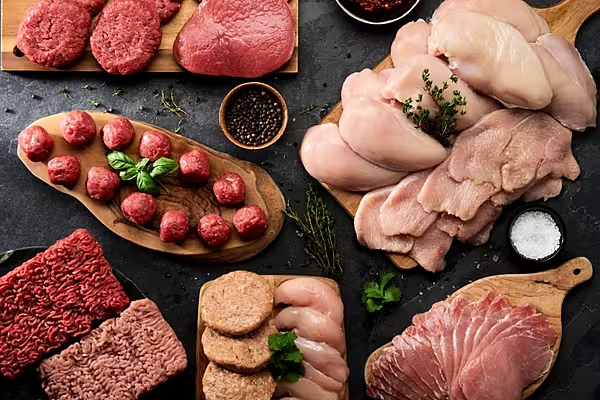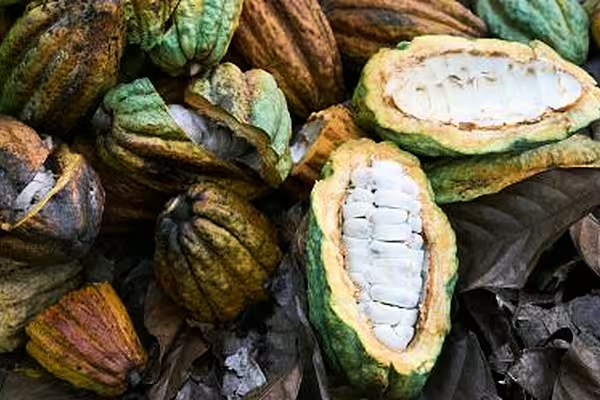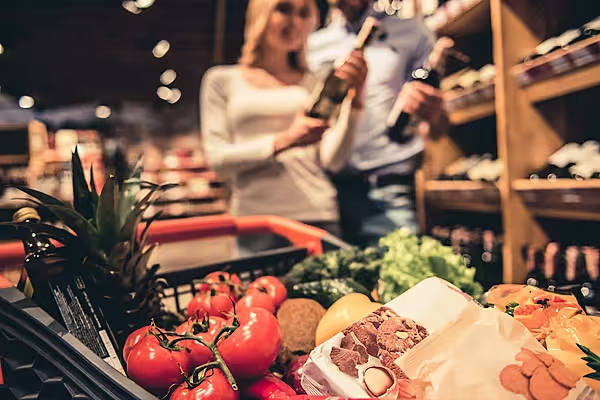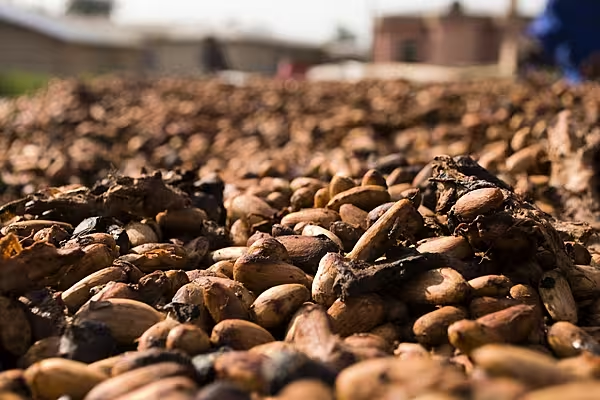Meat processors and exporters are experiencing increases in export costs of up to 40%, due to the loss of frictionless trade caused by Brexit.
In a submission to the Joint Oireachtas Committee on Agriculture and the Marine, Meat Industry Ireland (MII) noted that the increased costs are due to new customs and sanitary/phytosanitary (SPS) processes, delays and disruption in logistics, and direct transport cost increases.
While the increase in direct sailings to Continental Europe has helped provide exporters with an alternative to the UK landbridge, MII noted that it costs between €500 and €800 extra, per truck, to send exports directly to Continental Europe.
In addition, where exporters are sending trucks to the UK, hauliers are facing difficulties filling their trucks for the return journey, due to paperwork and logistical minefields, which means that they are looking to increase the costs that they charge per journey.
Further Brexit Measures
MII also expressed concern about the range of further Brexit measures coming in between April and July.
For example, from 1 April, all products of animal origin will need to be accompanied by a veterinary certificate. This will require over 350,000 export health certificates to be issued per annum, with serious potential to cause trade flow disruption and add more costs to exporting.
Decimated Foodservice Demand
Meat Industry Ireland noted that the Brexit challenges are compounding the difficulties that the sector is facing due to the Covid-19 pandemic, which has decimated demand for Irish meat products from the foodservice and restaurant sector on which it is so reliant. In the beef sector, this affects steak sales, in particular, as restaurant, catering and foodservice channels account for 60% thereof.
It also pointed out that burger sales are impacted, as fast-food outlets throughout Europe are operating at significantly reduced levels, due to national lockdowns in many of their key markets.
With the summer barbecue season many months away, opportunities to promote greater sales volumes through the retail channel are limited. MMI noted that, over the course of the pandemic, increased sales through retail have helped, but they are not enough to offset the decrease in the foodservice sector.
Double Whammy
“All agencies and those in the food supply chain have done excellent work to maintain the flow of trade since Brexit kicked in, on 1 January, but just because tariff- and quota-free trade has continued doesn’t mean the changes imposed by Brexit aren’t wide-ranging and costly,” said Meat Industry Ireland director Cormac Healy.
“We have serious concerns about the potential for disruption when new export certification arrangements come into effect in the UK, from 1 April. We are dealing with the double whammy of Covid-19 and Brexit, and both are relevant to the current market dynamics. Covid-19 lockdown restrictions across Ireland, the UK and Europe are leading to a major drop in demand throughout foodservice channels, and Brexit contingency stockpiles put in place ahead of the Brexit deadline are now being released and reducing demand.”
© 2021 Checkout – your source for the latest Irish retail news. Article by Maev Martin. Click sign up to subscribe to Checkout.









